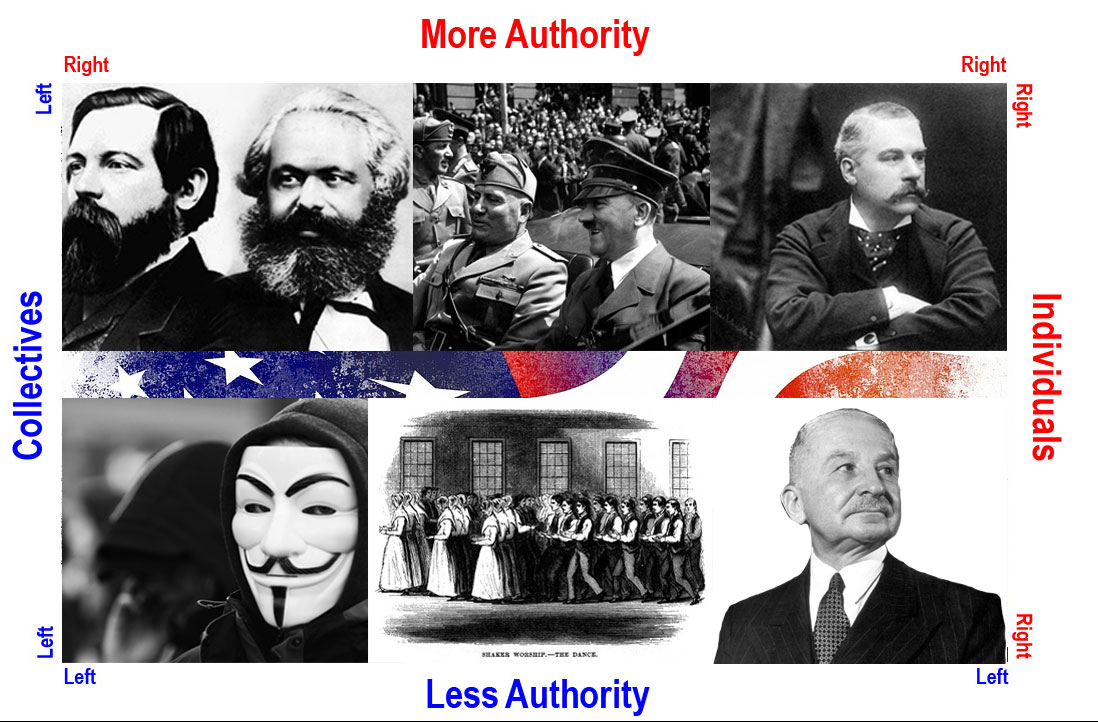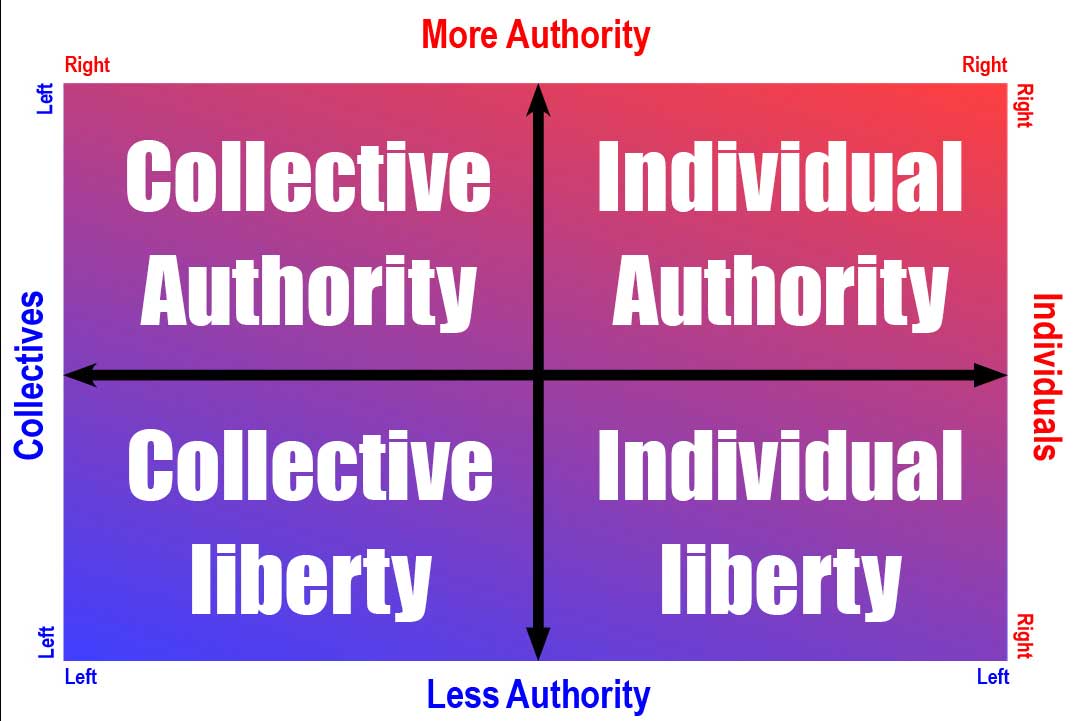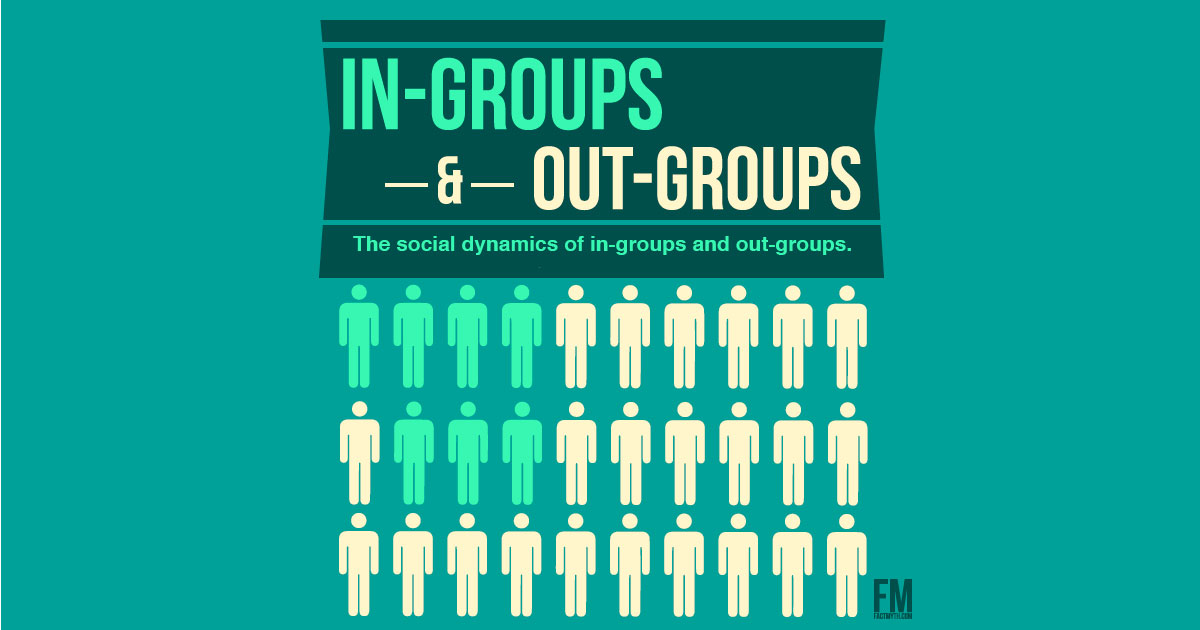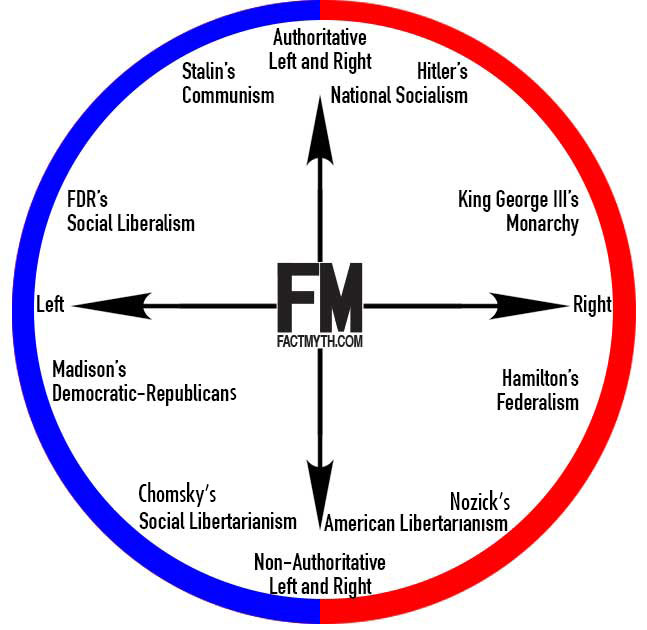Types of Conflict Theories

We explain Marx’s conflict theory and other conflict theories to show how tension between social, political, material, and other forces manifest.
Generally speaking, individualism favors the individual and collectivism favors the collective, however these terms have many deep implications. Which is, you know, why there is a whole section on them.
These terms speak to the nature of the political left and right, meanwhile the Golden Mean Between them speaks well to correctness.

We explain Marx’s conflict theory and other conflict theories to show how tension between social, political, material, and other forces manifest.

We define terms related to “the society of the spectacle” like commodity fetishism, consumerism, “proletarianization,” and alienation.

Identity Politics describes identifying with a concept, or being perceived as identifying with a concept, and the social and political implications of that.

We discuss the importance of individualism and the complexities involved in balancing the spirit of Individualism with collective responsibility.

Marx and Mussolini called for extreme evolutions of socialism, Mises called for an absolutist return to individualist liberalism, but all miss the mark.

We explain neoliberalism, globalization, nativism, and protectionism and the pros and cons of “neoliberal globalization” and “nativist protectionism.”

Collectivism describes ideology (political or otherwise) that favors the collective, like-wise Individualism describes ideology that favors the individual.

We explain populism, globalization, nativism, nationalism, neoliberalism, modernization, and other terms important for understanding modern world politics.

An “in-group” is a group you are part of (genetically, culturally, or ideologically), while an “out-group” is a group you aren’t part of.

The left-right political spectrum is used to create a model that shows a spectrum of political positions. Traditionally there is a 2-axis spectrum of left and right, but there are also many widely adopted 4-axis model.